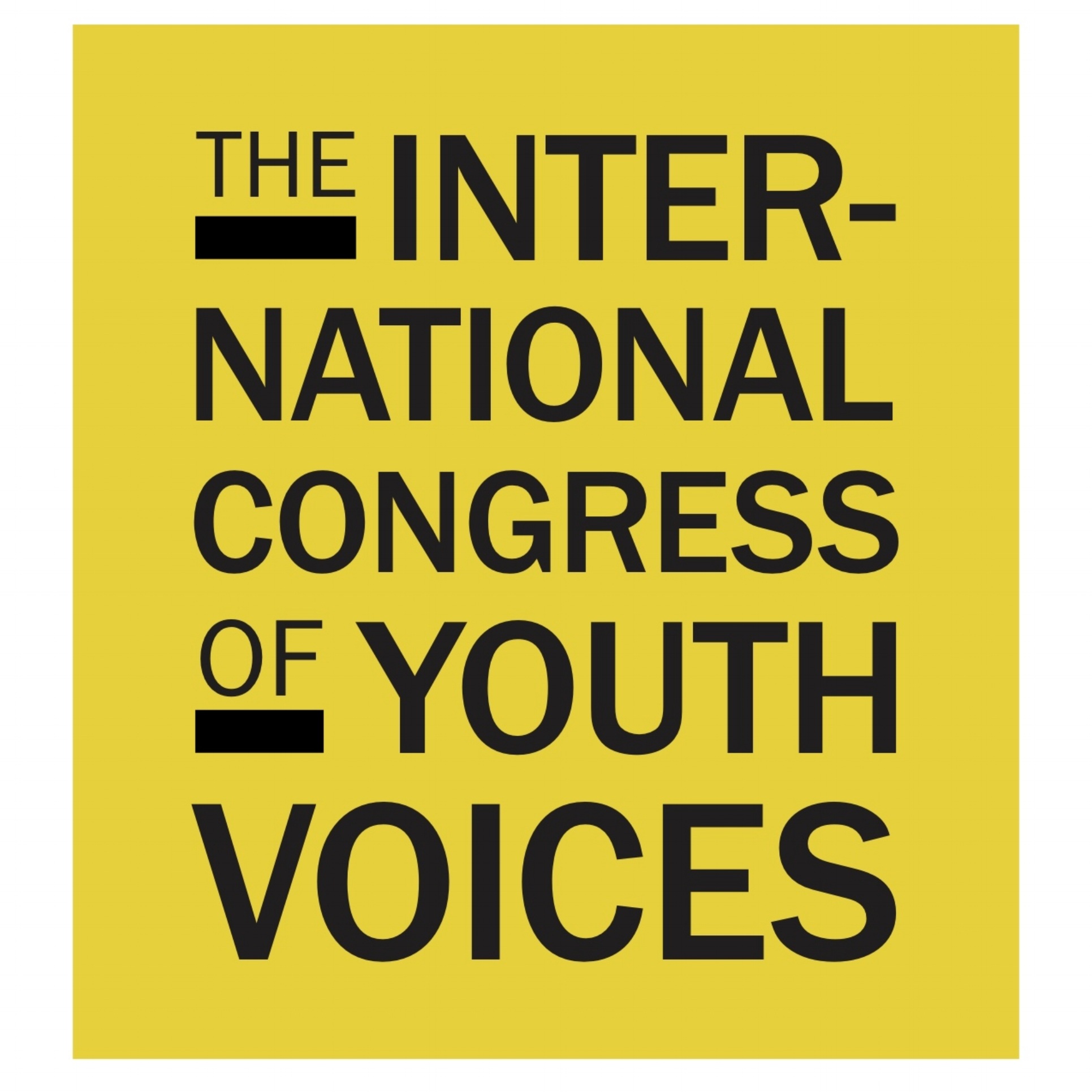LUCY VALENTINE MALCOUN, 17
Lucy Valentine Malcoun grew up in a Montessori School system in Chicago, Illinois, an environment to which she attributes her core values of equality, peace, and action. Malcoun’s writing is based in fact and focuses on exploring social issues. Malcoun enjoys writing because it allows her to organize her ideas and thoughts into a coherent and effective point of view. Thinking in a written form, she argues, has greater depth and nuance; it offers the ability to communicate complicated topics through the forces of creativity and logic. To Malcoun, writing has the ability to touch and connect people serving as the platform by which humans are compelled to engage the world.
She is often surprised at the depth of immersion achieved when writing—it allows her to empathize with and understand the experiences of people far from her place in the world: indentured servants in Jamestown; Chinese immigrants during the Gold Rush; Malcolm X, James Polk, and philosophers like Renee Descarte and Immanuel Kant. The most gratifying aspect of writing for Malcoun is the act of escapism; a near second is the greater perspective and understanding of the human experience to be gained from work based on history, art, and philosophy.
Malcoun is incredibly passionate about creating a world that harnesses innovation to promote equal rights/access to the most fundamental social welfare services, such as education and healthcare. She believes that progress in technology and the life sciences will transform our ability to lead healthy and happy lives. Malcoun also thinks that it is incredibly important that we are mindful that these advances do not infringe on the unique attributes that define us as human beings: love, empathy, self consciousness, and connection.
Malcoun hopes to study psychology and medicine in college. She plans to find an intersection of her interests in global health, art, and language through a career that focuses on improving access to healthcare in foreign countries and urban areas.
Human Nature as Explained by Transcendental Idealism
by Lucy Valentine Malcoun
An excerpt from “Human Nature as Explained by Transcendental Idealism”
What does it mean to be a human being? What distinguishes mankind from other beings? What are our essential attributes? Although one may periodically contemplate his or her inherent nature, such does not entail an active engagement in the concept of humanness. We are brought into this world knowing that human beings as a species are different. But what constitutes this difference? It is a rather straightforward practice to state the ‘obvious’ characteristics that differentiate us from other living beings. How, then, is one to determine whether or not such distinctions are accurate assessments? Are they rooted in objective truth or subjective perspective? If so, how can we know for certain? These questions are some of the most historically controversial and heavily debated philosophical notions. Although it is uncertain if humankind will ever encounter Truth, acquire Objectivity, or discover the utmost answers to such existential questions, the process of philosophical inquiry itself is inherently valuable. Not only does philosophy teach us the value of critical evaluation, and self reflection, but enables us to develop both an enlightened understanding of ourselves, and of our ‘unique’ place in the world we inhabit.
Rationalism and Empiricism alone are insufficient in understanding our nature as human beings. Thus, it is helpful that the two combine to form one cohesive framework: Transcendental Idealism. In his theory of Transcendental Idealism, Immanuel Kant argues that experiences alone are inadequate in explaining thought. Kant believed that the mind was not a blank slate entirely void of innate ideas, as presented in Empiricism. As a result, he theorized that the mind must consist of innate cognitive structures that allow us to interpret information, and, in turn, form thoughts and ideas. Without such preconditions of the mind, or “mental machinery,” we would not be able to derive substantial and useful information from our experiences. If the mind was a blank slate that passively absorbed information, it wouldn’t be able to contextualize and generate meaningful ideas from unstructured stimuli. Furthermore, if experiences required active rather than passive engagement, our minds would consist of innate faculties that facilitate comprehension. The empiricists’ theory of Associationism fails to acknowledge that as a blank slate, the mind would be unable to identify relationships between sense data. (Human Nature, 62)
Transcendental idealism offers the most convincing framework for explaining Human Nature. Prior to Kant’s theory, philosophy espoused two different schools of thought: Rationalism and Empiricism. Transcendental Idealism, creatively harmonized the strengths and weaknesses of each to form one holistic approach to understanding our defining characteristics as human beings. Kant’s theory integrates both nature and nurture to provide a balanced lens through which we can view ourselves in the world. One wonders the impacts Transcendental Idealism has had on the evolution of Western thinking. Even though Kant’s theory has existed for centuries, it does not seem as though his thinking has penetrated the ethos of common society. We continue to live in a world where people’s formative political and social beliefs are often rooted in either nature or nurture. Imagine modern society if it was common place for people to appreciate both ways of thinking, as presented in Transcendental Idealism. Rather than a world of discord and polarization, one could envision a world of dialogue and progress.

